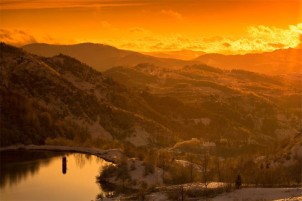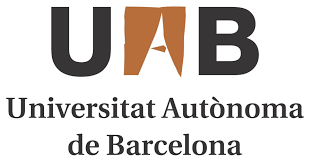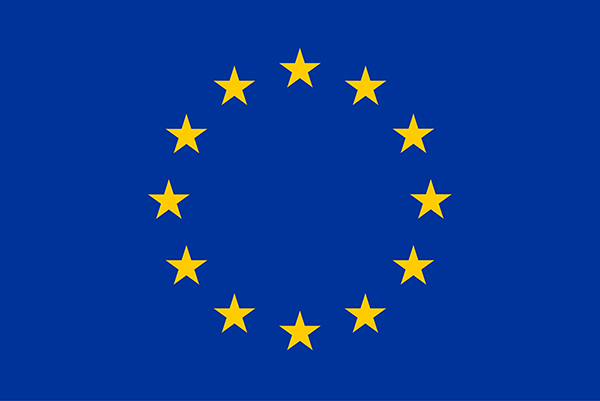
By Alfred Burballa Noria.
From 8 to 11 May 2014, the municipality of Rosia Montana in the Apuseni Mountains in Western Transylvania, Romania, hosted the fourth edition of the Forum Against Unnecessary Imposed Mega Projects. The meeting comes after three precedent editions of the European network in France, Italy and Germany. In the current scenario in Europe, the quest for investment opportunities and the populist discourse of creating jobs has created a push for more and more mega projects all across the continent, as well as in neighbouring countries in North Africa and Eastern Europe, but conference participants question both the need for these top-down projects as well as the processes of exclusion and lack of democratic participation that characterizes them. They ask for decisions to be taken in the name of public interest and not profit and call for a relocalization of economies and a transition towards moderation of energy and resource use, rather than expansion for its own sake.
Previous meetings were sited at the planned locations of infrastructures projects and robust movements to contest them, including the TAV highspeed railway line in Italy, the NANTES airport and the Zone a Defendre Camp and a railway station in Stuttgart. This year the meeting was held at the proposed site of a gold mining project of the Canadian Company Gabriel Resources, that aims to develop the biggest open cast mine in Europe. The local community has organised a stiff resistance against the project and built alliances across Romania and abroad. The issue has triggered the biggest demonstrations in post-communist Romania, with a peak in late 2013.
While a final decision from the government on the future of the mining project is yet to come, the local population is divided between those who oppose the mining project and those who support it. Opponents try to demonstrate that a livelihood in the valley is possible out of agriculture, cattle raising and eco-tourism. They are well aware that a few jobs for some years will not compensate for what they will lose forever.
Hosting international events of support, solidarity and joint activism is nothing new for the valley. Since August 2004 local groups in Rosia Montana have being organising every year the “FânFest” (Fân means “hay” in Romanian), a festival with a whole range of activities, workshops and artistic performances.
The meeting was timed to coincide with the campaign for the European Elections on 25th May, so as to raise awareness and lobby candidates to bring these issues into the current political debate. Participants came from all across Europe, as well as from Morocco and Turkey. including organisations like Re:common, the Comité Académico Técnico de Asesoramiento a Problemas Ambientales (CATAPA), The Centre for Research on Multinational Corporations (SOMO), the Observatori del Deute en la Globalitzacio, Counterbalance, Platform and Bankwatch.
One of the hot issues at the Fourth meeting was hydraulic fracturing, especially for the exploitation of shale gas in Romania and England. Fracking has been challenged widely throughout Europe especially in the last two years and mobilizers have had success in banning this practise, for example in some regions in Spain. Participants discussed how to keep the pressure on amid new threats such as the TTIP (Transatlantic Trade and Investment Partnership) and CETA (Comprehensive Economic and Trade Agreement) negotiations, for example, wherein a clause in the trade deal could allow fracking companies to take governments to arbitrators if they try to outlaw the practice.
The secret content of those free trade agreements have also been at the core of the Forth forum, which rejected the proposed “harmonization” of environmental standards and social protection between EU member states, US and Canada included in the TTIP. Participants iterated that this will only result in a dramatic lowering of such measures in Europe and in a selling out of basic sectors like health and water services to foreign companies.
The mechanism of PPP – Public Private Partnerships- and the European Bond Initiative 2020 remain the most common financial measures to fuel money into large unnecessary and imposed infrastructures; with the Castor off-shore gas storage facility in the Mediterranean Coast of Spain as one eloquent example. It was, portrayed as a pioneer project under the EU Bond Initiative 2020, the “first successful use of project bond credit enhancement”.The plant is currently stopped following serious environmental problems like seismic events and heavy pressure by EJOs.
Full solidarity has been expressed by all groups convened in Rosia Montana for three Italian activists arrested four months ago in Susa Valley. And across the continent, activists and mobilizers are increasingly being targeted as such projects become the symbol of a continent which insists on stubbornly trying to follow the old models of economic growth and large scale investments, instead of addressing the urgent need to reinvent itself and its economy.
The final declaration of the Fourth Forum reaffirmed the continuity of the struggles and commitment with the previous declaration of the Large Infrastructure network, as well as with the Charter of Hendaye and the declaration of the Tunis Social Forum and calls for action: “We, as movements that fight against UIMP, encourage people to act. Therefore, our message to communities is: GET UP, STAND UP!”





We have the Castor environmental conflict in the EJOLT Atlas, http://www.ejatlas.org, with date April 2014. It seems the project is about to be dropped. Indeed a GPII, grand projet inutile imposé.
http://ejatlas.org/conflict/gas-off-shore-storage-conflict-in-vandells-spain